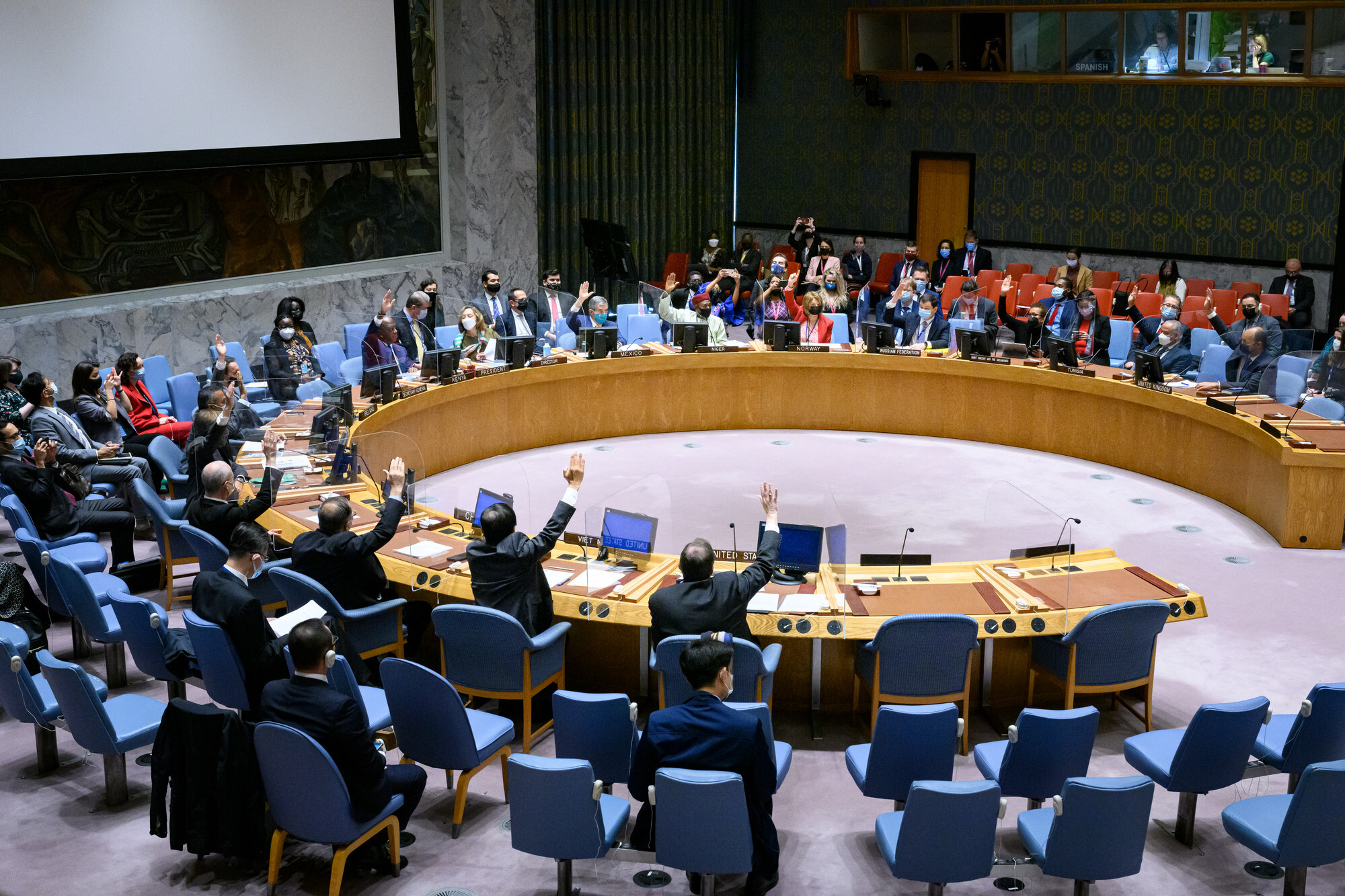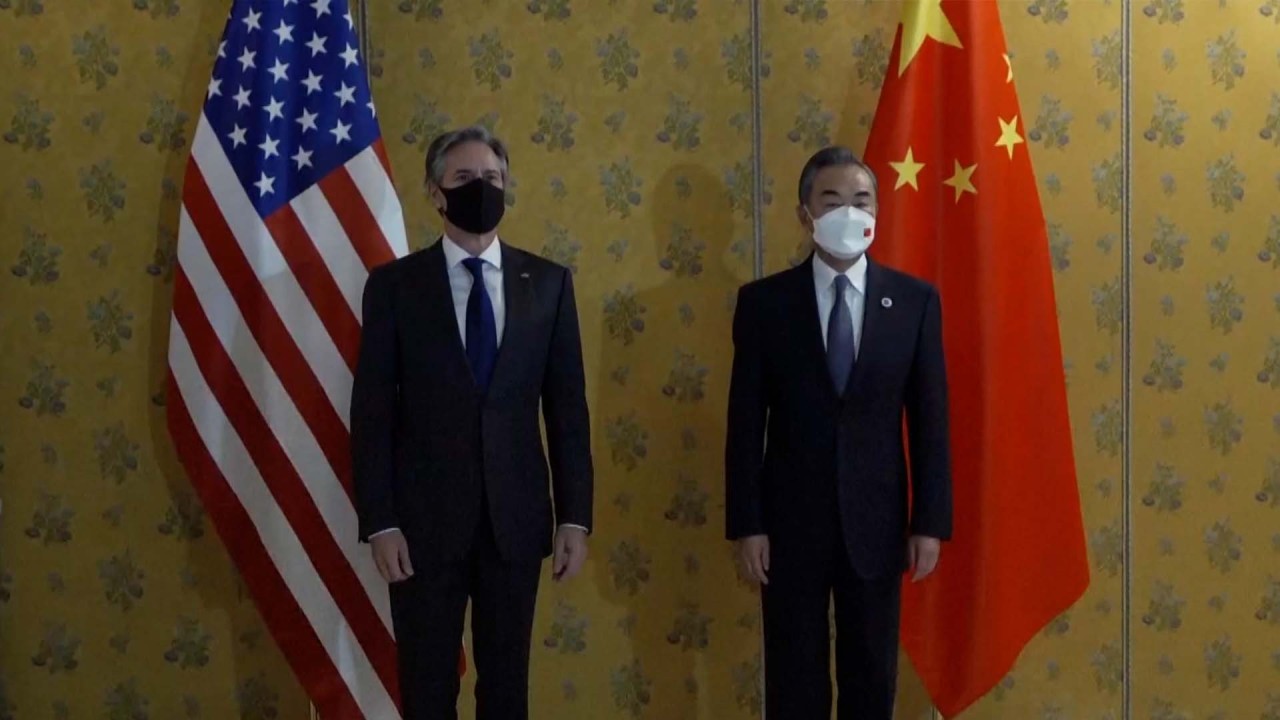
Why China, US need to learn from the Cold War to avoid a hot war
- The rise of China and growth in global polarity are affecting multilateralism, reflected in the UN’s declining influence as well as division and disunity in the Security Council
- To help reset and recalibrate the international system, China and the US need to agree on concrete measures to reduce tension and work cooperatively for the global good
Key leaders from Russia and China were absent, while others sparred on the sidelines. Podiums and backroom bilateral meetings were used to score points in an ever-worsening contest for global primacy. UN Secretary General Antonio Guterres summed things up nicely when he said he left the G20 meeting with “hopes unfulfilled”.
The British think tank Chatham House estimates that in 2020, an all-time high of almost 250 million people across 75 countries needed humanitarian aid and assistance, while global funding for humanitarian aid decreased by 52 per cent.
The undermining of confidence in what constitutes fact, and the ease with which good intentions can be misrepresented, means it has become next to impossible for quiet diplomacy to survive the glare of publicity in today’s digital world.
However, by far the biggest challenge to multilateralism is the shifting balance of power in the world. In one sense, the world is ripe for a recalibration of the international system as the global balance of power shifts from West to East.
Respect for US democracy in decline around the world, Pew survey finds
By some estimates, China has accounted for more than a third of global economic growth over the past decade, a proportion larger than the combined share of global growth from the United States, Europe and Japan – and in 2020, China was the only major economy to register growth.
The economic shift eastwards was at first embraced in the West as an investment opportunity, but it has more recently started to generate profound insecurity.
For some time, there was hope that global responsibility for preserving peace and security could be shared, with former World Bank President Robert Zoellick in 2005 calling on China to be a “responsible stakeholder”. However, by 2010 it was clear that many in the West were concerned about what the rise of China meant for the future distribution of economic influence.

Let us recall that the end of the Cold War in 1990, brought about by the collapse of the Soviet Union and communist eastern Europe, was seen as a triumph of the Pax Americana and the set of norms and values underpinning the Bretton Woods institutions set up after the allied victory of World War II.
As the British writer Samir Puri put it: “In the 1990s, America was getting used to a world in which it had no challenger.”
By the end of the first decade of the 21st century, this sense of supremacy, confidence and optimism had been shaken by the threat of Islamic militancy, rising inequality and economic decline.
It was at this point that multilateralism steered by the Western powers started to lose support from their domestic constituencies, which questioned expenditure on aid and on waging costly wars overseas in the face of declining standards of living at home. The withdrawal of the US from the UN Human Rights Council, arguments over the World Trade Organization, and more recently, allegations about the integrity of data used by the World Bank, all reflect the way in which these changes of global polarity are affecting the multilateral system.
50 years at UN: Xi Jinping says global rules and order must be shared
This weakened commitment from states invested in upholding the international system is reflected in the declining influence of the UN, which has seen its funding reduced and the effectiveness of the Security Council undermined by division and disunity.
“Increasingly, people are turning their backs on the values of trust and solidarity in one another – the very values we need to rebuild our world and secure a better, more sustainable future for our people and our planet,” Guterres said in September.
The UN chief has launched a “Common Agenda” to try and breathe new life into the multilateral agenda. But this comes at a time of widening geopolitical polarity and the chances of fashioning a global consensus look slim.
In the new polarised context, there may well be renewed activism in the international arena, but this is aimed specifically at countering the influence of either the US or China, which means that critical issues in need of a global consensus become hostage to great power ambitions. The US has just announced a drive to fight China’s influence at the UN.
A reset is badly needed. One obvious path to a more effective international system is to restore a sense of balance and objectivity. The question is how?
Smaller actors
Medium-sized powers have the potential to combine and generate more leverage on the international system, but so far no effective combination has emerged. In 2013, a diverse cross-regional group that included Mexico, Indonesia, Turkey and Australia was launched to bolster support for a more effective rules-based global order. But despite their size and economic weighting, these countries lack decision-making powers in key bodies such as the UN Security Council.
Another pathway to more effective multilateralism focuses on a grass roots approach, harnessing the power of popular protest movements dominated by the younger generation, which have exerted some pressure on issues like fair trade and climate change. These approaches provide safety-valves to express concern but have had a minimal impact on re-norm-setting and shaping rules, which lies at the heart of the logic of multilateralism.

It is hard to imagine a conducive environment for the international system and multilateralism in a context of escalating great power tensions.
Today, China is embracing its increasing international influence, aware that this can be interpreted as trying to replace the global primacy of the US. While outwardly the US welcomes the increasing influence of countries such as China in the multilateral arena, Washington is concerned about the possibility of a shifting balance of power. There is lots of room for misunderstanding and miscalculation – and the international system is being held hostage.
Qualitative arrangements or principles that help order and stabilise relations lie at the heart of classical multilateralism. Perhaps China and the US need help from impartial medium-sized powers and international organisations to frame codes of conduct and work out more inclusive systems of governance that could strengthen strategic stability.
How the CPTPP deal could supplant WTO and a beleaguered global trade system
One way the US and China could help mitigate the effects of their escalating strategic competition would be to take a leaf out of the Cold War in the 20th century and create a workable framework for managing bilateral tensions.
Making a better effort to curb and contain provocative military actions, and agreeing on frameworks to prevent dangerous arms proliferation and the misuse of new weapons technology would go a long way to increase global confidence in the international system and promote more effective multilateralism in critical areas such as pandemic preparedness and climate change.
For now, China and the US increasingly regard multilateralism in zero-sum terms – as witnessed by the unseemly arguments over the source of Covid-19 and data integrity at the World Bank.
To help reset and recalibrate the international system, leaders in Beijing and Washington will need to set an example by first agreeing on concrete measures to reduce tension and work cooperatively for the global good. If they cannot do this by themselves, then it is vital that the rest of the world helps them.

